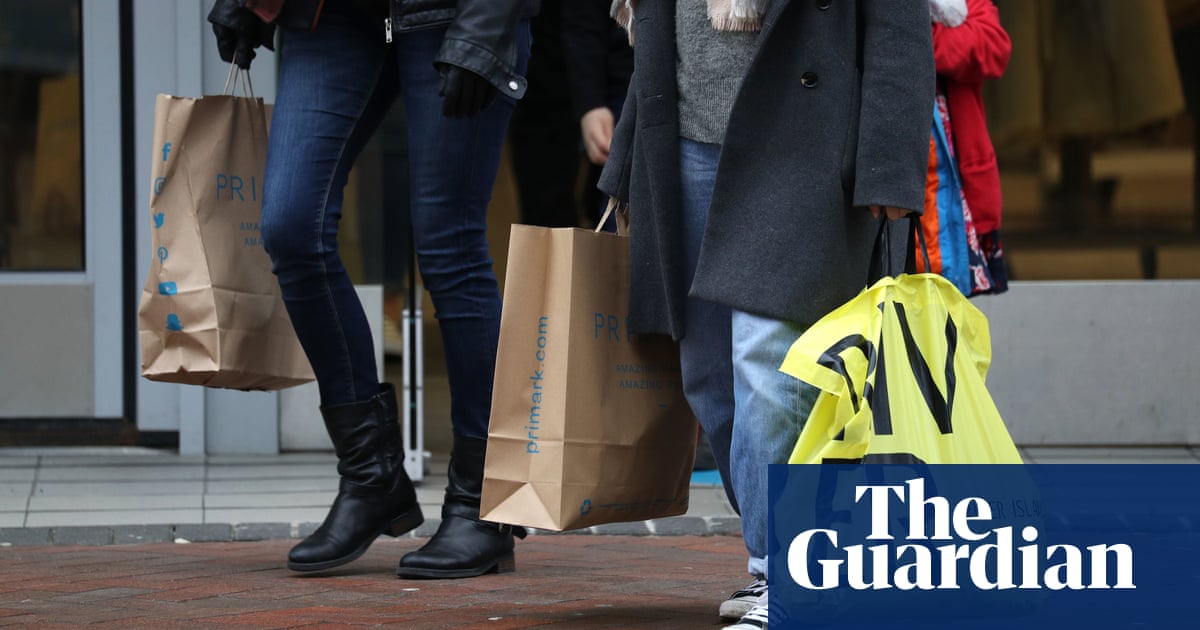
Much thought has clearly gone into Ghislaine Maxwell’s in-court look, currently showing at New York’s Thurgood Marshall United States Courthouse.
Observers have noted her transformation from wretched to confident, shambling to sharp – into a much glossier, demonstrative figure who hugs her lawyers and looks as if she might have sauntered in there by mistake. It has also been noted that she often wears her face mask beneath her nose.
Regardless of the symbolic peril, the slipping Maxwell mask appears, contrasted with firmer fitting examples around her, close to being styled. And for anti-maskers, the way Ms Maxwell’s mask has a tendency to hover uselessly around her upper lip may strike them as just what they would do if they were compelled to wear one, but wanted to signal libertarian contempt. For the mask-compliant, the sight will be less appealing. Are her lawyers confident that Maxwell’s – masked – jury, which had to be certified free of anti-super-rich prejudice, is similarly relaxed on visible disregard for civic feeling?
If the aim is simply to allow the court to capture as much Maxwell defiance as possible, these glimpses could come at a substantial cost in Trumpian, sociopathic or other associations. Even before academics identified a connection between anti-mask attitudes and the “dark triad” of personality traits (narcissism, Machiavellianism and psychopathy), research confirmed the depth of the divide between those who do and those who do not conform with pandemic restrictions. In the UK, a 2020 Demos study showed the polarisation to be far more bitter than for Brexit, with the majority who did not break lockdown rules saying they “hate, resent or think lockdown rule breakers are bad people”. On masks, more than half of British wearers had “severely negative attitudes” about non-wearers.
Given this scale of disapproval, and additional figures showing that 80% of people supported mask wearing after “freedom day”, the enduring mask hostility among Tory MPs suggests problems beyond the irresponsibility and selfishness that informed Get Brexit Done. What possessed the 23 MPs, not all of them nonentities, who last week voted against introduction of a government measure intended to preserve, if not life, then Christmas? Of the 23, all but three were men; 20 were Conservative and three DUP. All but one were Brexiters, so no strangers to self-harm. But Brexit supporters may still be dying-averse. In contrast to the US, mask-wearing is not much, outside Westminster, of a political signal. A majority of Leave voters wanted, for instance, to keep masks compulsory on public transport.
While it wins them a treasured place on the anti-mask team that includes Piers Corbyn, Nigel Farage, Radio 4’s death-defying libertarian Jonathan Sumption and a host of Spectator belligerents, some of last week’s Conservative rebels might still have considered how their show of resistance strikes civilians who don’t have a choice. The same goes for the prime minister, whose public mask aversion is such that he cannot, even while touring a hospital, tie nestling virtuously against his belly, bring himself to wear one. Nor could the proximity of David Attenborough at Cop26 persuade him. Though, since Johnson once planned to visit the Queen from the No 10 plague pit, it was probably nothing personal: being a nonagenarian offers no protection against the world’s most prominent – now Trump has gone – Covid vector.
Plainly, for a vain exhibitionist being trailed around the country by his official photographer, the cost of face-covering will be higher for the prime minister than for a civilian. But the opposite also applies: on his avoidance of masks alone, even if nothing else were known about him, Johnson’s unfitness for office would be confirmed. Questions are being asked about his Christmas parties, when nobody else was allowed them. But why would a person who splutters publicly in nurses’ faces worry about Christmas party guidelines?
High among the unexpected, non-health compensations of masks is their value as shorthand. At the same time as they impede communication, they offer, anywhere that people exhibit extreme non-compliance, a rapid non-verbal personality indicator that is rivalled only, I would argue, by manspreading. Of course there are many other single but baleful inducements to run for the hills – personalised number plates, not tipping, devotion to the works of Ayn Rand or Judith Butler – but these may take time to discover or may even, on rare occasions, be redeemable.
Mask aversion once fell, just about, into that category. Last summer, anti-maskers could argue that they preferred the previous official guidance. Jenny Harries, now head of the UK Health Security Agency, had indeed treated the world’s mask-wearing nations to her superior, anti-mask theory in March 2020. “You can actually trap the virus in the mask and start breathing it in,” she said. Incredibly, or perhaps as a result if Johnson was involved, she was promoted.
As evidence has mounted to back mask efficacy, Johnson, even with this stimulus to lead by example, has treated masks as if they were a lefty plot against his face. A masked audience watching Macbeth recently noticed that the prime minister, squished into a crowded little theatre, preferred to follow the on-stage psychopathy with his face uncovered. In doing so, he perhaps revealed more about himself than idiot contrariness. Low compliance with containment measures was directly associated in one study with “antisocial traits, especially lower levels of empathy and higher levels of callousness, deceitfulness and risk-taking”. Though it’s too late to save us from Johnson, the psychology of mask behaviour might help to screen out another leader who shouts, when discouraged: “Let the bodies pile high in their thousands.”
Meanwhile, we may be getting closer to understanding the MPs who last week voted, in defiance of scientific advice and majority opinion, against protecting public health. Weren’t they once great respecters of majorities, even narrow ones? But it’s pointless to expect logic. Like the Macbeths, they simply couldn’t help themselves.
Catherine Bennett is an Observer columnist












